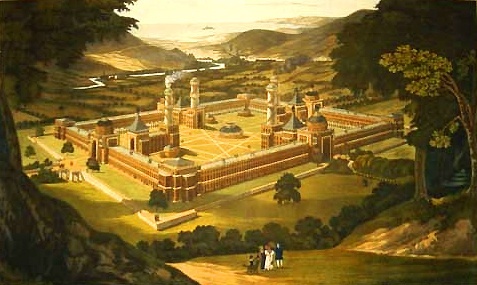
Democracy, elections and voting at Democracy Chronicles
US Socialist Parties political success was in retreat during Cold War conflicts but the times changing. Thanks to Richard Winger at Ballot Access News for posting the following story, “Mark Solomon Suggest Merger of Four U.S. Socialist Groups.” Take a look:
Mark Solomon is a retired history professor who has also been active as a socialist. He has written this article in Political Affairs, suggesting that these four socialist groups should talk about merging: (1) the Committees of Correspondence for Democracy and Socialism; (2) the Communist Party USA; (3) Democratic Socialists of America; (4) Freedom Road Socialist Organization.
None of these four groups has run candidates for public office under their own name in several decades, if ever. The Committees of Correspondence was formed in 1991 by Communist Party members who left the Communist Party that year. Democratic Socialists of America was formed half a century ago by former Socialist Party members who had decided to work within the Democratic Party (although in its first decade it was called the Democratic Socialist Organizing Committee). The Communist Party last ran its own presidential nominee in 1984. Thanks to Jack Ross for the link.
Also, from the Political Affairs website link provided by Ballot Access News:
Speaking only for myself, I would like to see the creation of an entirely new organization. However, a total merger of organizations at this time can justly be viewed as utopian at best and naïve at worst. One must acknowledge the need for a patient process – for ongoing consultation, for gradual building of mutual comfort and mutual confidence, for a possible stage of confederation or alliance. Crucially, joint activities to defeat austerity and the right wing offensive constitute a sound basis at this juncture on the road to convergence. In the long term, the next generation and generations beyond will determine the form and content of the struggle for social transformation based on changed circumstances that cannot now be fully envisioned.
That does not negate the need for “all deliberate speed” in building an advanced, effective political instrument to help forge the linkages between the economic crisis, the environmental crisis and the crisis of militarism and war. That instrument is needed to help provide political depth and interconnectedness to burgeoning movements on the environment, immigration, gun control, women’s rights, the prison-industrial complex, voting rights, student debt, protection of Social Security and Medicare, jobs and union rights, and the struggle against interventionism and the national security state. Above all, the urgency of the deepening crisis of capitalism demands the political will of socialist organizations to take those bold and resolute steps to forming a strong new alliance capable of having a powerful and lasting impact on the struggle for justice, peace and a socialist future.
The analysis of US socialist parties is interesting when compared to his bio:
Mark Solomon is past national co-chair of the United States Peace Council and the Committees of Correspondence for Democracy and Socialism. He is author of The Cry Was Unity: Communists and African Americans, 1917-1936 and is currently working on a memoir/narrative at the Du Bois Institute at Harvard University on the freedom and peace movements in the 1940s and 1950s.
From Wikipedia page about socialism in the United States:
Socialism in the United States began with utopian communities in the early 19th century and later became closely tied to the Socialist Labor Party (founded in 1876) and the Socialist Party of America (formed in 1901). Influenced by revolutionary European thinking and gaining momentum from distraught workers and oppressed peoples, the Socialist Party managed to successfully run hundreds of candidates for various positions around the nation for several decades. However, it faced severe government repression and eventually broke apart and declined in the 1920s. The Socialist Labor Party never attracted the numbers the Socialist Party did in the early decades of the 20th century, but the SLP continued to exist until the late 20th century.
Norma J F Harrison says
Democratic socialism is capitalist – plans repair of capitalism. Nice capitalism would be socialism; the work would be toward no profit, no competition for profit.
FSP strongly espoused socialism – I infer toward communism, anarchism – which develops as Marx described, through us supplanting profiteering and support of it by such as school, media, church, etc., with the structures that are only about our mutual care, including of Earth.
Communist Party holds us back from working in the direction we need by working for Democrat-ic.
It definitely urges communism, socialism.
As one of our frequent Peace and Freedom Party (on the ballot in Ca.) officers explained at a local – No.Cal meeting/reportback of CC-DS, you can see what kind of ‘socialism’ is meant; we were not included, P&FP.
Adrian Tawfik says
Thanks for the post. I think these are issues people don’t talk about enough. Take a look at https://democracychronicles.org/third-party-central/